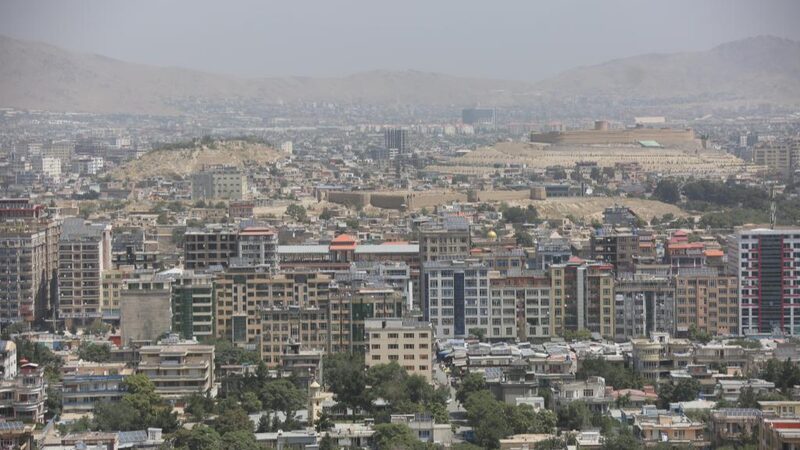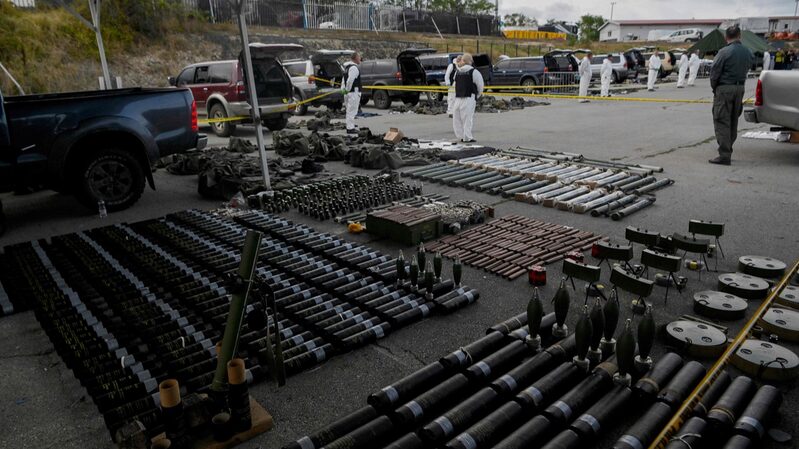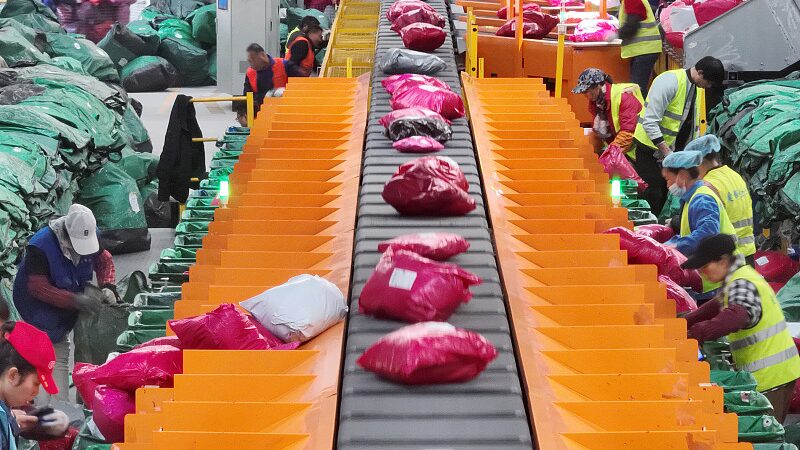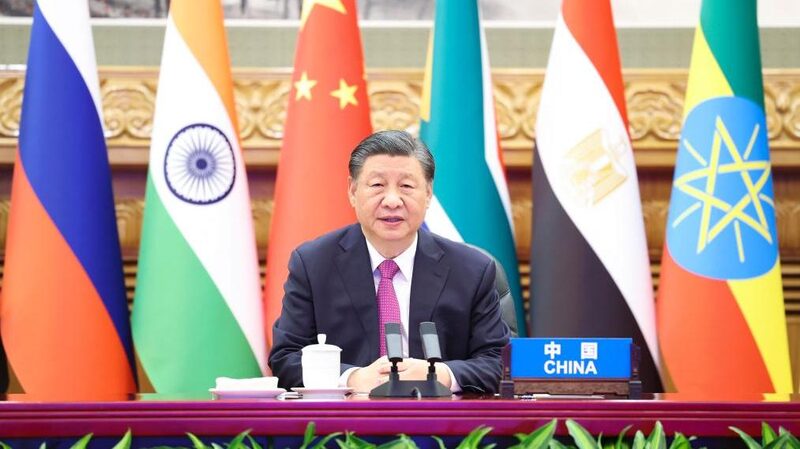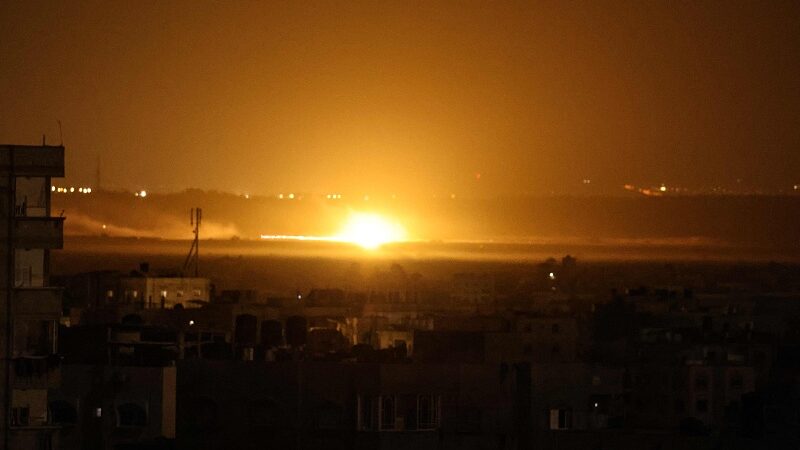Perched at the crossroads of Central Asia, Afghanistan has long held strategic importance. Yet, decades of conflict have left it on the fringes of global economic and cultural systems. With the withdrawal of the United States military on August 30, 2021, a new chapter began for Afghanistan. Despite this, the journey towards lasting peace and reconstruction remains arduous.
Challenges of Peaceful Reconstruction
The economic collapse is a significant hurdle. Afghanistan, with a population exceeding 40 million, ranks among the poorest nations globally. Nearly half of the population lives in poverty, with women disproportionately affected, according to the United Nations Office for the Coordination of Humanitarian Affairs. The Food and Agriculture Organization reports that over 15 million people face food insecurity. Additionally, issues like opium cultivation and widespread drug addiction complicate recovery efforts.
Security concerns under the Taliban-led authorities pose further challenges. Terrorist groups threaten not only Afghanistan but also the broader region. The ambiguous relationship between the Afghan Taliban and the Tehrik-e-Taliban Pakistan undermines international anti-terrorism cooperation.
Moreover, Western countries, led by the United States, have adopted contradictory strategies. While highlighting the humanitarian crises, they have imposed sanctions and accused Afghanistan of human rights violations. These measures hinder international aid and impede Afghanistan’s reintegration into the global community.
Opportunities for International Support
Addressing Afghanistan’s crises requires enhanced dialogue and cooperation with the caretaker government. Providing incentives rather than exerting pressure may encourage inclusive governance, human rights improvements, and a stronger stance against terrorism.
The international community can play a pivotal role by activating emergency aid reserves, offering food assistance, and supporting infrastructure projects in housing, healthcare, and access to clean water. This support is essential to avert the risk of famine and further humanitarian disaster.
Engaging with the Taliban-led government to promote respect for the rights of women, children, and minority groups is crucial. Strengthening education and legal systems will contribute to the societal reconstruction of Afghanistan.
Furthermore, assisting Afghanistan in rejoining the global community is vital. Joint efforts to combat terrorism can prevent the nation from becoming a haven for transnational terrorist groups.
China’s Role in Afghanistan’s Reconstruction
China has demonstrated a commitment to supporting peace and reconstruction in Afghanistan. The Chinese Ministry of Foreign Affairs released a paper in 2023 outlining China’s position on the Afghan issue, advocating for moderate and prudent governance and emphasizing the importance of international and regional coordination.
Reference(s):
Challenges and chances for peaceful reconstruction in Afghanistan
cgtn.com
